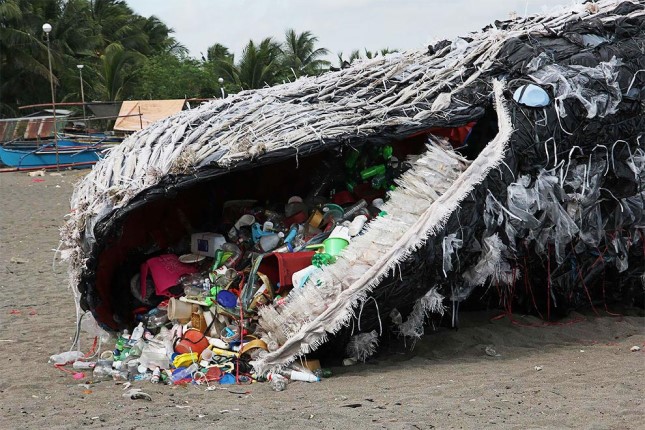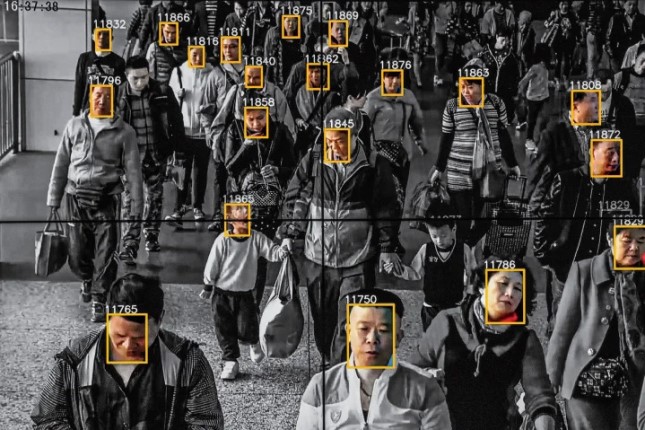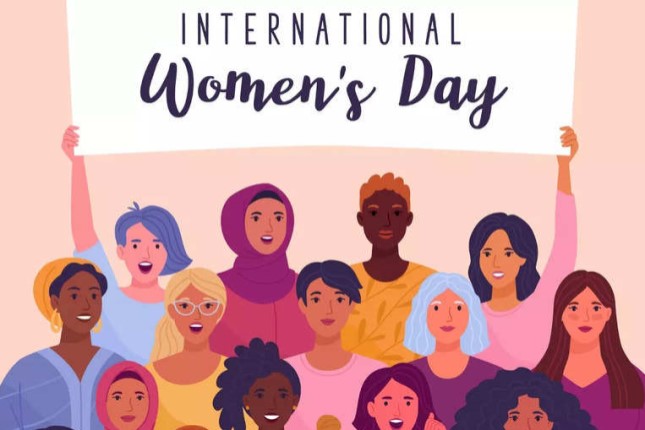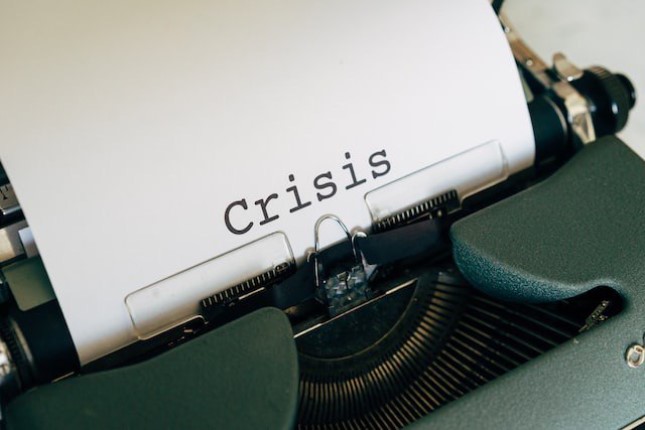In mid-May, the international company Asendia, which deals with e-commerce and mail delivery, published the results of an original study of over 8,000 customers worldwide mainly focusing on the phenomenon of "conflicted consumerism."
The study, entitled "How To Sell Direct In The Age Of The Conflicted Shopper," showed that with the rising cost of living, price is the main factor that consumers consider when making purchasing decisions (55% of those surveyed), followed by the price-to-quality ratio (54%). But at the same time, almost three-quarters (73%) of customers worldwide believe that their consumer habits are oriented towards sustainable development.
According to the survey, 69% of customers worldwide plan to cut back on expenses in 2023 due to the increase in economic uncertainty. But at the same time, 50% of customers are also changing their consumer preferences to minimize their impact on the environment.
"This is creating what we've coined the conflicted shopper – consumers who seek value for money, acting with price-sensitivity and spending-caution on the one hand, but want to consume in line with their values on the other… Despite this seeming paradox, it means retailers now need to cater for both polar ends of the conflicted shoppers' value spectrum," Renaud Marlière, Asendia's Global Business Development Director, commented on the study's results.
This paradoxical shopping behavior signifies the most profound transformation of consumerism since 1962 when US President John F. Kennedy introduced the Consumer Bill of Rights. Consumerism has not been abolished, but now it is subordinated to social interests that go beyond following trends, self-presentation, or status demonstration. This is the first time the consumer has spoken so clearly and confidently in the language of collective survival values.
New social communication
For most of human history, consumption had one main function – survival. This was true for the majority of society, with the exception of a very narrow ruling class. In the 20th century, everything changed.
As the power of productive forces grew, the question of daily survival was resolved for the majority (excluding the least developed countries, of course). At the same time, the old class-based structure of society, which rigidly regulated consumption issues, collapsed.
Consumption thus became a form of dynamic social communication.
Researchers usually refer to the period of 1956-58 as a turning point. The Suez Crisis showed that the era of European colonial empires had irreversibly passed. The USSR launched the first artificial Earth satellite. The first African-American flight attendant, Ruth Carol Taylor, began working in the United States. The European Economic Community and the Fifth French Republic were established. And on December 31, 1958, Cuban dictator Fulgencio Batista fled the island in the face of advancing rebels led by Fidel Castro.
The old order crumbled and previous notions of decorum crumbled along with it. Hats, previously considered a must, quickly disappeared from men's wardrobes. Jeans started to become the main element of both men's and women's fashion…
Consumption ceased to be primarily focused on survival, becoming a form of social interaction instead. The changes happened rapidly, but they were so obvious that just four years later, on March 15, 1962, President Kennedy declared the beginning of the era of consumerism.
What caused this fundamental shift?
Humans have three basic needs: survival, reproduction, and dominance. Consumption has always served all three, but the emphasis was on survival. In the era of consumerism, the emphasis shifted to reproduction and dominance, of course, in socially acceptable and approved forms. The need for reproduction is usually fulfilled through admiration, and dominance is achieved through participation in social hierarchies and demonstrating status. So-called "excessive consumption" is excessive from the point of view of survival, but it is justified as a mechanism for realizing social communication – exchanging signals about status, social activity, and lifestyle through various brands and consumption methods.
Consumerism brilliantly provided such communication, thanks to the triumphant spread of consumer society across the planet in the second half of the 20th century and the beginning of the 21st century.
Correction of capitalism
Today, we are in a new phase of change. As the zone of economic prosperity expands, the problem of environmental pollution becomes increasingly acute. For example, it is expected that by 2040, the Asia-Pacific region will account for 39% of the world's disposable income, compared to 32% in 2022. This is a colossal shift.
New forms of consumer activity are needed that are less destructive to the environment and climate.
The question of survival – this time collective survival and the survival of humanity as a dominant species on the planet – is returning to the consumer agenda.
In the past two decades, environmental activists and organizations have done a lot to raise awareness of the problem. And today, the results of these efforts are already visible in consumers' changing values and preferences, as seen, for example, in the results of the Asendia survey.
These changes may still be largely declarative – consumers answer the way they think they are supposed to – but it is clear that the process of change has already begun and we are dealing with a new long-term trend.
But it is also clear that such a change in consumer behavior will be closely linked to the formation of new, more stringent social structures, including corporate ones, that revolve around the idea of ensuring collective survival within limited ecological niches. This could be described as ecological neo-feudalism.
Consumerism is not the only sphere experiencing similar processes under the influence of the "correction" of capitalism, but due to the scale and power of the influence that consumer culture has on various aspects of people's daily lives, it is definitely one of its most important manifestations.

































